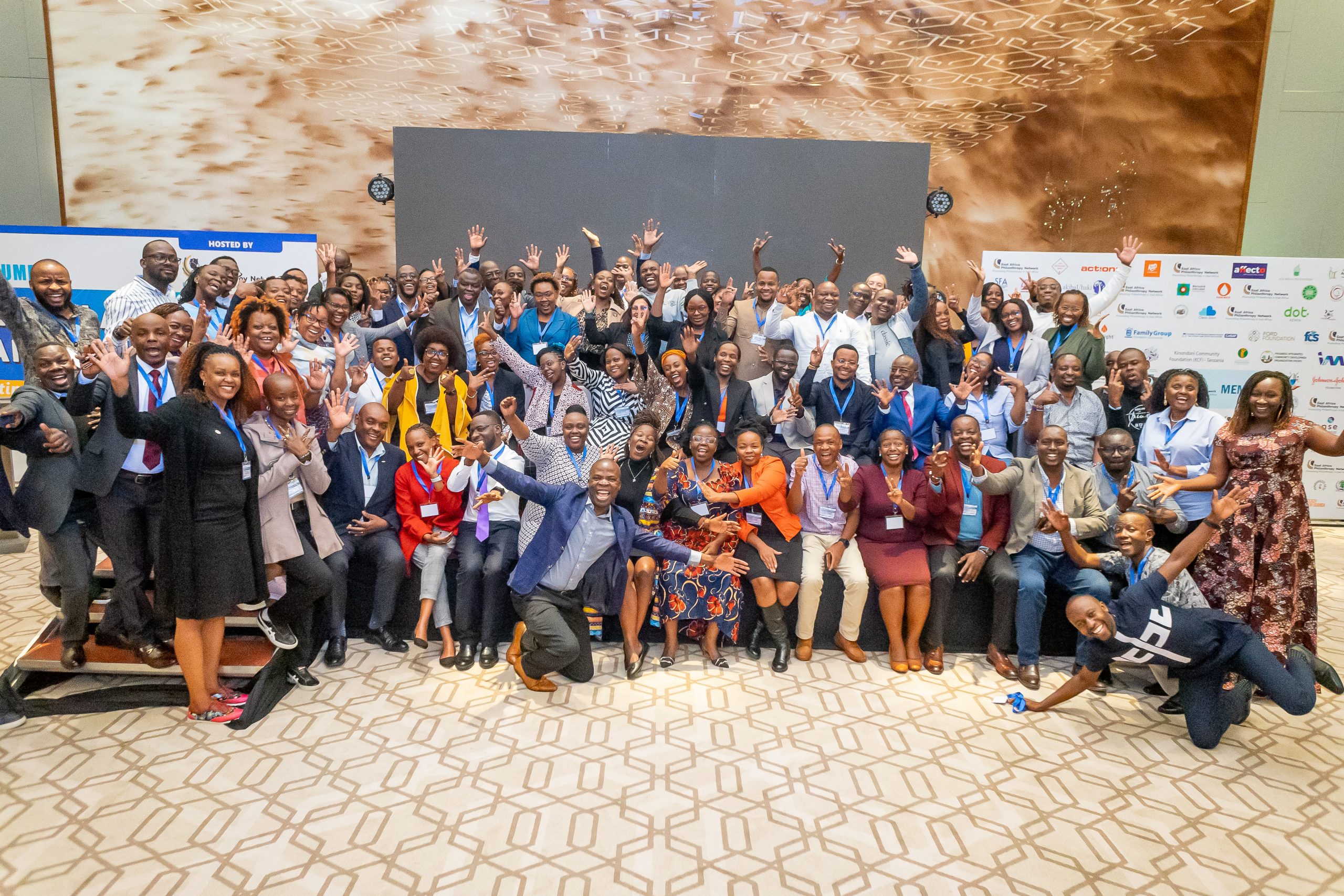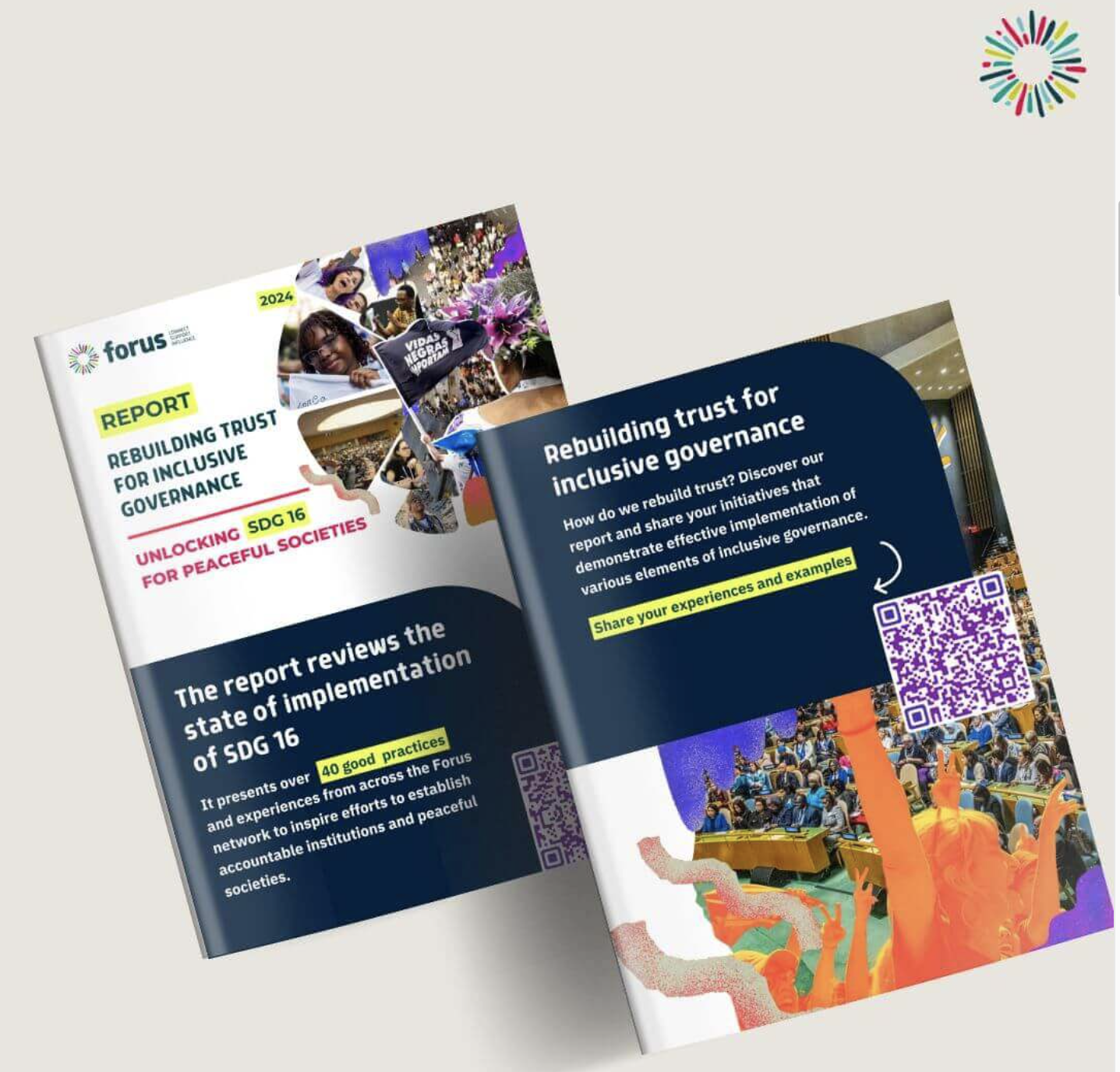Children’s Learning Stagnant in East Africa
After 4 years of informative studies around children’s learning in basic literacy and numeracy skills, learner achievements have not changed in East Africa since 2009/10. Uwezo East Africa launched the 3rd “Literacy and Numeracy Across East Africa 2013” Report at Makerere University.
In addition to the above revelation, the report presented statistical illustrations indicating six more facts that relate to literacy and numeracy in Kenya, Uganda and Tanzania.
- Less than a third of children in Grade 3 have basic Grade 2 level literacy and numeracy skills
- A significant number of children do not possess Grade 2 level skills even as they approach the end of primary school cycle
- There are large differences in learner achievement among the three countries with Kenya performing better and Uganda worst
- Tanzania has wider skills gaps compared to Kenya and Uganda
- Within country disparities for instance the best and worst performing districts in East Africa are both in Kenya
- Children from poorer households consistently achieve lower competency levels
Sara Ruto, Regional Director Uwezo East Africa pointed out that we, East Africans, need to restrategise the investment we make in Education. “We must move investment in education away from numbers and classrooms to quality learning outcomes,” she said.
Participants and academicians agreed that numbers in terms of access to education that we boast about do not yield quality in learning outcomes. To this Prof Kiiza Julius pointed out that the population of Uganda was less in 1998 compared to 2013, therefore we cannot say increased percentages in access because we might have no justification for celebration.
“The challenge with education is not only in investment but also in governance,” he added “if a 3 decade president can mobilize resources for MPs to go to the Sub-counties and popularize a motion for his re-election but cannot find resources for teachers’ salaries, then we are doomed.”
Mr. Herbert Zake, Head of Corporate Affairs Standard Chartered Bank, highlighted the learning challenges faced by employers. “Our education system is so ill the we have graduates and job applicants who hire persons to write for them CVs and job applications because they cannot write one themselves,” he added “we interview people who cannot express themselves because they have no self confidence to support their skills.”
“If we do not deal with the issue of learning, we will not attain our development goals and this will reflect in our economic development,” emphasized Mr. Richard Ssewakiryanga, Executive director, Uganda National NGO Forum.
Participants unanimously agreed that parents have a role to play in achieving quality children’s learning. A call was made to survey schools and parents in order to find out what they think their role is in children’s learning.
Our leaders need to re-structure the economy by reducing the size of cabinet and allocating the resources to education because schools and teachers need motivation to create a good learning environment where children can learn.
We cannot expect maximum learning outcomes yet we make below minimum investments in education.



